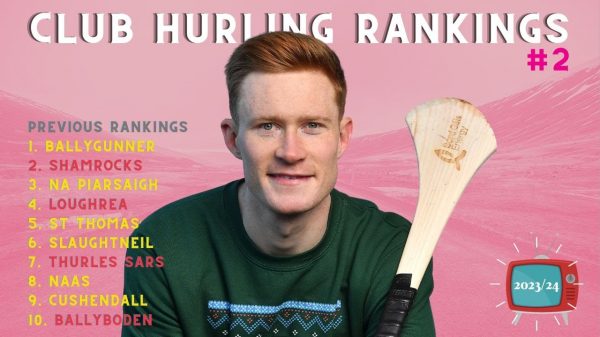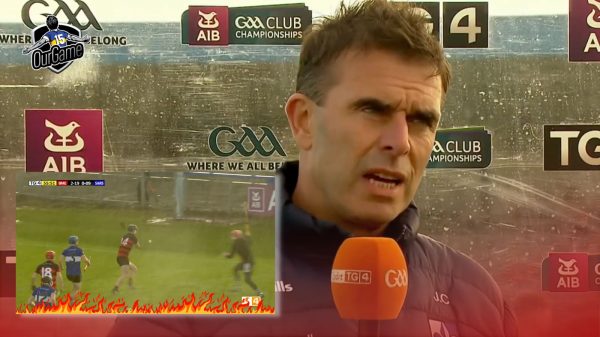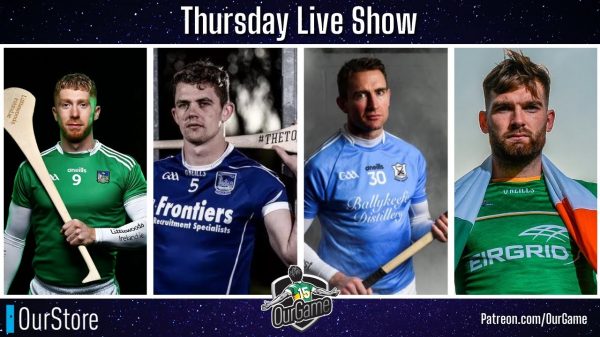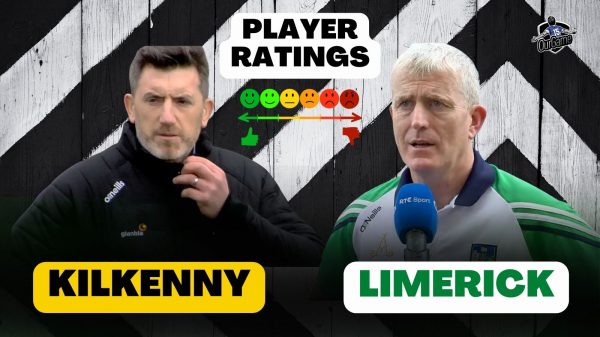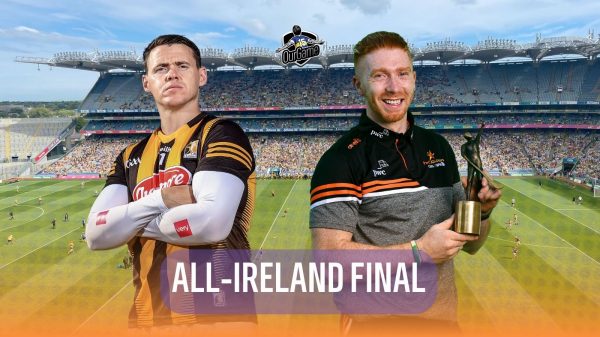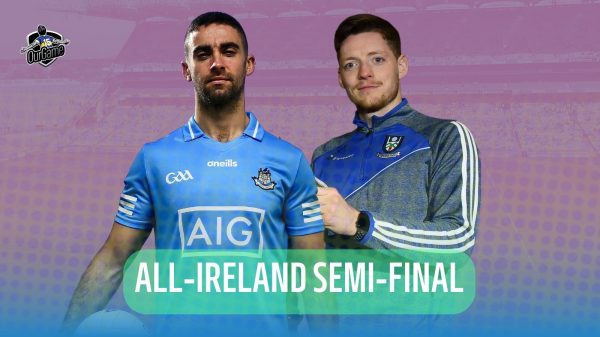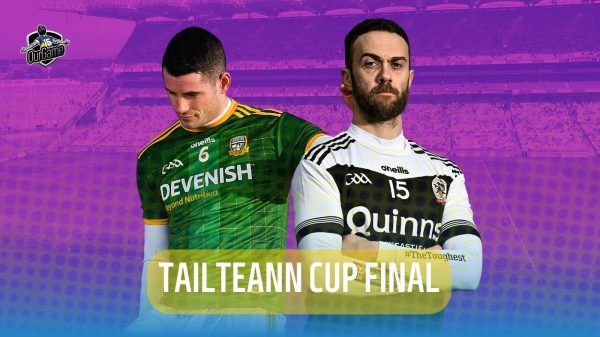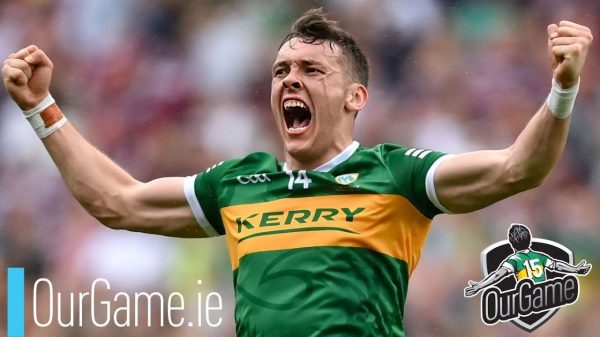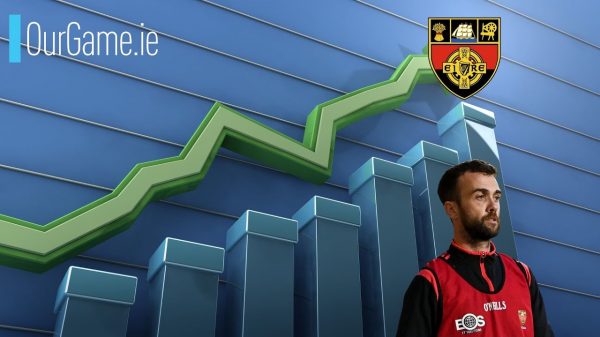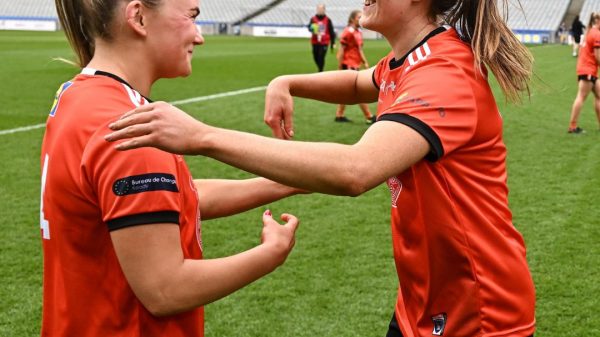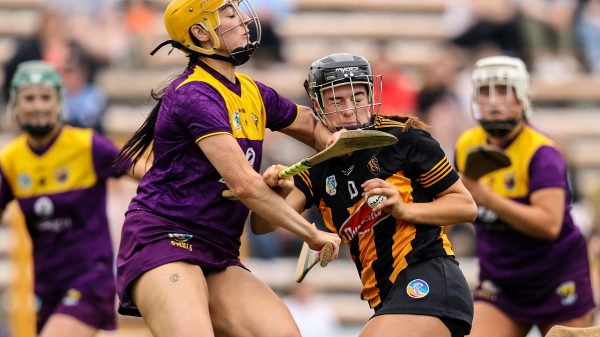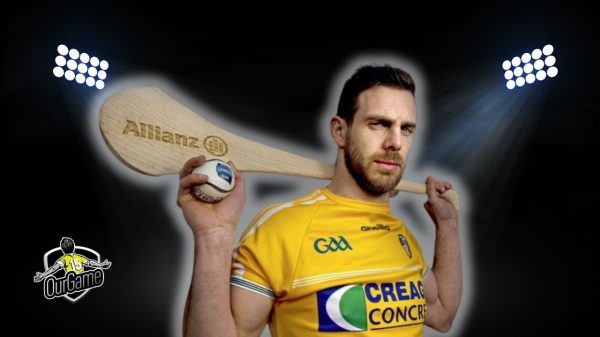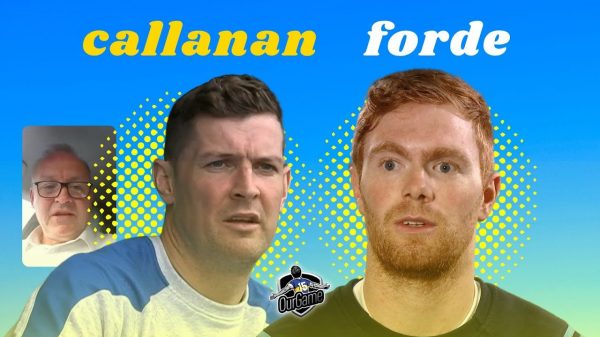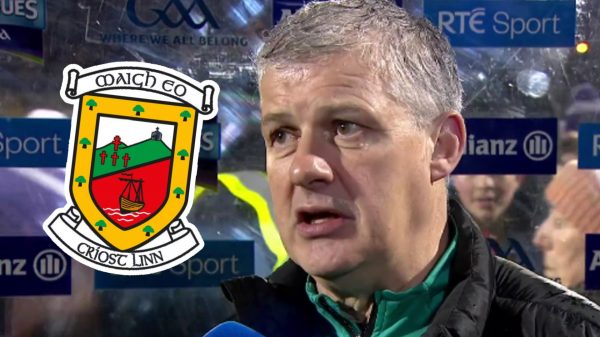Joe Canning believes there is too much of a focus on athleticism in modern hurling.
The 2017 hurler of the year believes from past experiences that players can become too obsessed with stats rather than focusing on their own performance.
Canning, who was involved with the Galway minor hurlers last year, believes “you just want to let them hurl and let them develop.”
During Canning’s fourteen-year inter-county career, there was never a real focus on stats or long team talks after training.
“When Micheál (Donoghue) was with us, there was literally fifteen to twenty minutes, and that was it no longer,” Canning said.
“I would have thought a lot about games, but I wouldn’t be a massive fan of stats or how that’s going, I think that tells you one picture compared to what’s actually happening.
“I always go back to a hurling brain. You can’t put a stat on a guy who can see things happening before it actually happens.
“Yes, he mightn’t be the fastest, but you can’t measure the top speed in your head.
“It’s going that type of way that you’re almost getting an athlete before you’re getting a hurler nowadays.
“It’s very hard to train a guy to have a hurling IQ.
“It’s easier to train a guy to run 12k non-stop during the match.”
Canning added: “I think they’re only 16 and 17 years of age. Why would you bombard them with stats? These are kids at the end of the day, and you just want to let them hurl and develop.
“We use a certain amount of stats, don’t get me wrong, we’ve always used a certain amount, but I’m talking about GPS systems and stuff like that.
“Why would you throw a GPS on a 16-year-old and have them worry about ‘Jesus? How far did I run today?’ Because lads can get sidetracked on that.
“I know guys who would have always come in after training and go ‘What’s my running stats like? How’s my explosiveness today?.’
“That’s fine when you get to senior or U20 when you become an adult, but I firmly believe when you’re a kid, you just let them express themselves, just let them hurl away and develop because people are different”.
The Galway legend had no experience with long meetings after training with his former manager Micheál Donoghue who had a snappy approach.
“When Micheál was with us, there was literally fifteen to twenty minutes and that was it, no longer.” Canning said.
“There was never really an hour after or sessions that were too long. You obviously have your training days and stuff like that.
“You go on a camp or whatever on a Saturday. You could be in Pearse Stadium from nine o’clock to three o’clock. That’s where you get a big chunk done but never in the evening time.
“When Micheál was with us, he wanted us to get home as quickly as possible and not have a lot of talking but more action on the pitch.”
By Darragh O’Flynn
